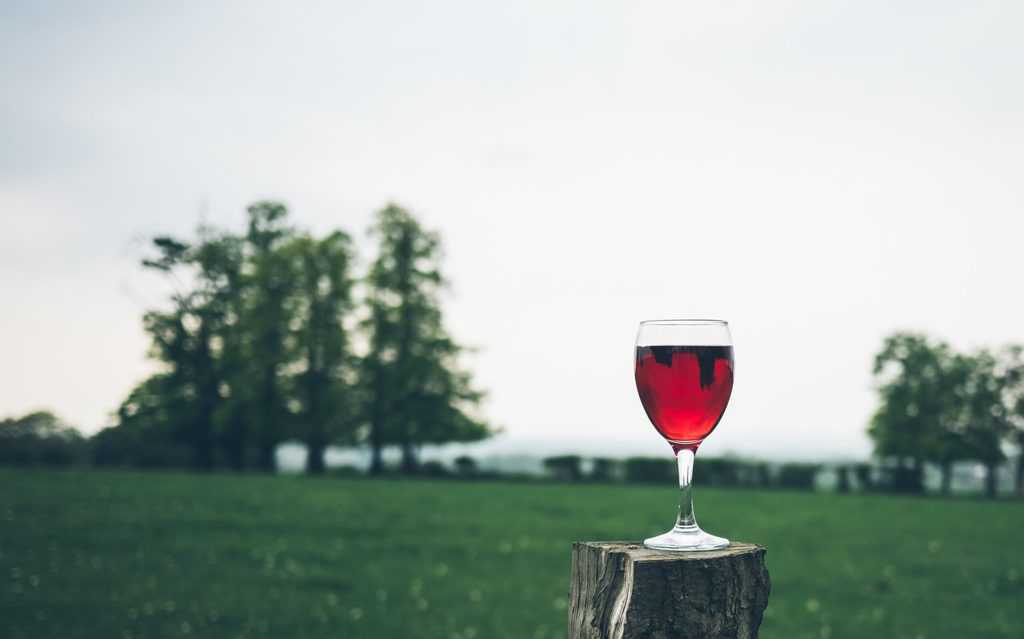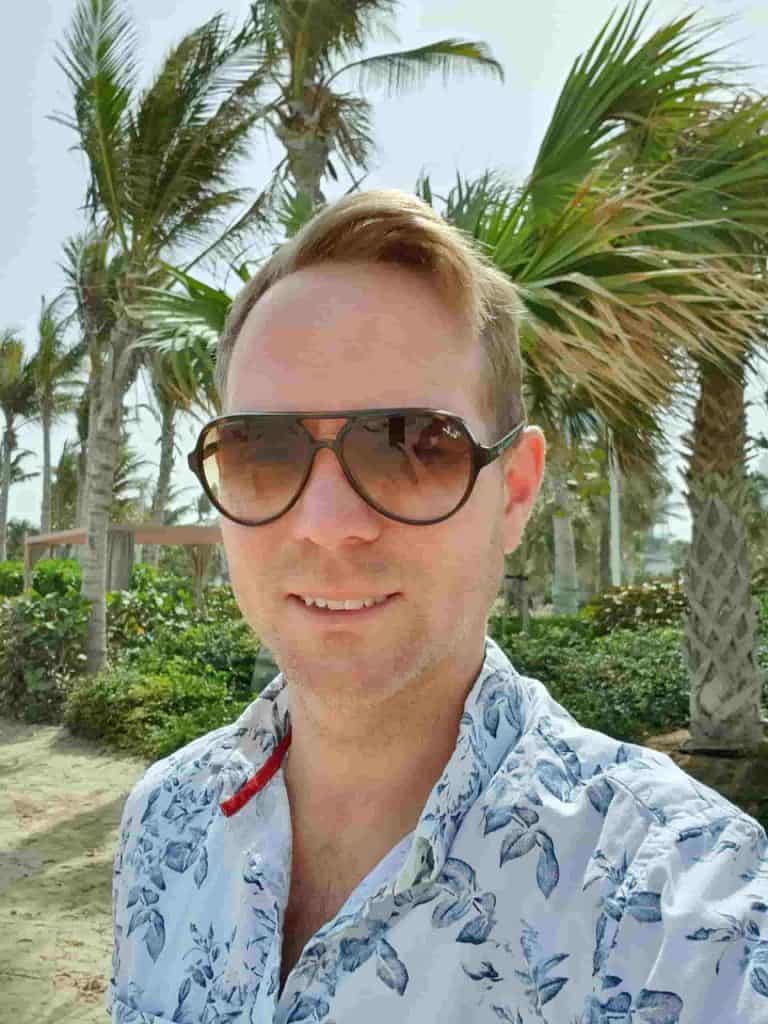
This website uses cookies to improve your experience. We'll assume you're ok with this, but you can opt-out if you wish. Read More
The Next Round: What happens after you change your drinking?
By Club Soda member Matthew.

I have never once doubted that the decision I made to stop drinking two years ago was the right one. And yet finding the words to articulate the why and how behind it has proven more challenging than I had expected. There is an intention to give an honest account, coupled with a desire to avoid coming across as self-righteous. People drink and stop drinking for a variety of reasons and there is no one-size-fits-all approach to behavioural change, but I hope that my story may in some way encourage or inspire others to make the decisions that are right for them.
As seems to be the case in the culture in which I was raised, boozing was completely normalised from childhood. There were the usual role models who were rarely seen without a drink in their hand, and positive associations that were constantly being reinforced; cold beers in a garden on a summer’s afternoon, mulled wine and festive spirit in front of a winter fireplace. Music, laughter and cheerful conversations overlaid with the sound of clinking glasses formed a soundtrack to life.
With no barriers in place and no sense that there was any real downside, I started drinking at quite an early age. I enjoyed the warm fuzzy glow and the lowering of inhibitions. Drinking added a splash of colour to a grey landscape – made difficult conversations easier and the intolerable tolerable. But most of all, it provided a boost of confidence and masked the insecurities that are a normal part of growing up and discovering who we are.
When the majority of my peers had toned things down, were settling and starting families, my drinking continued unabated throughout my 20s and 30s. I was working abroad and leading a lifestyle free of any real commitments other than professional. Alcohol was a social lubricant and a companion who rarely left my side. I didn’t know a single person who didn’t drink and never once considered that it was even an option.
But, to quote the great Kenny Rogers, now and again I inevitably had to drop in to see what condition my condition was in. And what I found was someone who was fully functioning and successful, but who was frustrated that they were not being the very best they could. Someone with regular limitations and flaws over which they had limited control, but who was choosing to wear weights around their ankles that held them back from reaching their goals. I would rarely go a day without a having a drink, and
hangovers were becoming several day-long affairs accompanied by anxiety and worryingly low moods.
I was caught in a negative feedback loop; I was not fulfilling my potential because I drank too much and too often, but drinking created a blurred image of myself in a world where everything appeared just fine, at least temporarily.
Alcohol was taking much more from our relationship than it was giving and so I was trying to limit the amount of time we spent together. Constantly trying to decide whether to drink or not in any given situation seemed to take a lot of energy and attempts at moderation were becoming increasingly exhausting.
I would stop drinking for a month or so at a time and would very quickly start to feel remarkably alive and, most importantly, happy. I was getting up early, exercising and being much more productive. This, in turn, led to an improved sense of self-worth and fed into a positive feedback loop, the opposite of what I had become used to. But once the hiatus was over, I would quickly return to the norm and renewed attempts at moderation seemed as futile as ever.
It felt as if there was a knot being pulled tighter by the day, accompanied by a growing fear that at some point it would become so impossibly tight that it might never be undone. I came to the realisation that I would either have to accept my current lifestyle along with its negative side effects or just completely stop drinking for good. On balance, the latter seemed like the better option, but I was not quite ready to commit to it. I spent quite some time mentally preparing and visualising myself as a non-drinker in various social situations and I believe that it was this period of cognitive heavy lifting that ultimately proved the key to success. It was as if I was methodically loosening the knot between my fingers until one day, it simply fell loose and I was ready.
Despite the internal confidence, I knew there would be external challenges and pressures to face. If you choose not to conform to a social norm, you tend to be saddled with the burden of explanation. And if you are unable to articulate your choices clearly to others, especially in the beginning, doubts can start to creep in. For the first couple of months, I felt like I was constantly on guard and ready to defend my decision. The story told and the level of detail provided would depend on the situation, how well I knew the person who was asking, and the mood I was in at the time. But I had anticipated the questions I might be asked and had formulated answers to them in advance. This helped me to feel prepared and confident.
Nearly everything I used to do involved drinking in one form or another, but I was determined not to avoid social occasions, make any sacrifices or to be seen as any different to before. I found it useful to remind myself that the emotions we experience in any given situation exist independently from the alcohol we are used to associating with them and that those associations can be fairly easily broken over time. Catching up with old friends is nostalgic, watching your team get a last-minute win is exhilarating, and weddings fill you with joy and pride, with or without a drink in your hand.
I tried to minimise the impact my decision had on others. I would often buy the first round in the pub and fully embraced the boom in non-alcoholic alternatives. Along with a bottle for the host, I would take my own drink of choice so that they didn’t have to go out of their way to accommodate. But in reality, the challenges I had anticipated and prepared for were few and far between. If truth be told, as long as it doesn’t affect them in any discernible way, most people are much too wrapped up in their own lives
to concern themselves much with other people’s choices.
The novelty of me being a non-drinker very quickly wore off and it soon felt like people had stopped really noticing. But as my confidence grew and the benefits became more apparent and abundant, I started to care very little what others thought about me anyway.
Rather than evangelise about my new positive lifestyle, I focused my energy on my own decisions and actions, resisting the temptation to wax lyrical in a way that might seem like I was criticising or challenging other people’s choices. But over time, as they noticed how well and happy I was looking, those who were considering moderating or stopping drinking increasingly came to me to seek my advice. It felt good to be leading by example.
Much has been written about the myriad positive aspects to living a life free of alcohol and, suffice to say, I have experienced most of them over the last two years. I’ve enjoyed better health both mentally and physically, I’ve seen professional success, and my relationships and finances have never been in
better shape. But by far the biggest positive is that I’ve come to find, accept and love who I really am.
I still have many of the same flaws and limitations, but I’m content in the knowledge that when I look in the mirror, I’m staring at the real, unfiltered me. I’m giving myself the opportunity to be the best I can and that, in itself, fills me with positivity each and every day.
This website uses cookies to improve your experience. We'll assume you're ok with this, but you can opt-out if you wish. Read More
| Name | Domain | Purpose | Expiry | Type |
|---|---|---|---|---|
| wpl_user_preference | joinclubsoda.com | WP GDPR Cookie Consent Preferences. | 1 year | HTTP |
| PHPSESSID | www.tickettailor.com | PHP generic session cookie. | 55 years | HTTP |
| AWSALB | www.tickettailor.com | Amazon Web Services Load Balancer cookie. | 7 days | HTTP |
| YSC | youtube.com | YouTube session cookie. | 55 years | HTTP |
| Name | Domain | Purpose | Expiry | Type |
|---|---|---|---|---|
| VISITOR_INFO1_LIVE | youtube.com | YouTube cookie. | 6 months | HTTP |
| Name | Domain | Purpose | Expiry | Type |
|---|---|---|---|---|
| _ga | joinclubsoda.com | Google Universal Analytics long-time unique user tracking identifier. | 2 years | HTTP |
| sbjs_migrations | joinclubsoda.com | Sourcebuster tracking cookie | 55 years | HTTP |
| sbjs_current_add | joinclubsoda.com | Sourcebuster tracking cookie | 55 years | HTTP |
| sbjs_first_add | joinclubsoda.com | Sourcebuster tracking cookie | 55 years | HTTP |
| sbjs_current | joinclubsoda.com | Sourcebuster tracking cookie | 55 years | HTTP |
| sbjs_first | joinclubsoda.com | Sourcebuster tracking cookie | 55 years | HTTP |
| sbjs_udata | joinclubsoda.com | Sourcebuster tracking cookie | 55 years | HTTP |
| sbjs_session | joinclubsoda.com | SourceBuster Tracking session | Session | HTTP |
| Name | Domain | Purpose | Expiry | Type |
|---|---|---|---|---|
| mailchimp_landing_site | joinclubsoda.com | Mailchimp functional cookie | 28 days | HTTP |
| __cf_bm | tickettailor.com | Generic CloudFlare functional cookie. | Session | HTTP |
| NID | google.com | Google unique id for preferences. | 6 months | HTTP |
| Name | Domain | Purpose | Expiry | Type |
|---|---|---|---|---|
| _ga_10XZMT03ZM | joinclubsoda.com | --- | 2 years | --- |
| AWSALBCORS | www.tickettailor.com | --- | 7 days | --- |
| cf_clearance | tickettailor.com | --- | 1 year | --- |
| VISITOR_PRIVACY_METADATA | youtube.com | --- | 6 months | --- |
Join Club Soda for 10% off your first order of drinks for UK delivery. Plus get our latest news and special offers for members to choose better drinks, change your drinking and connect with others.
If you get an error message with this form, you can also sign up at eepurl.com/dl5hPn